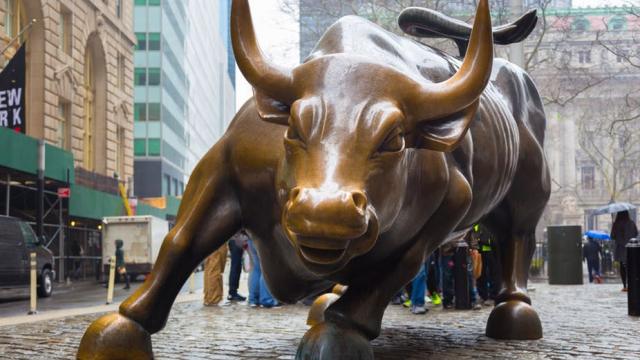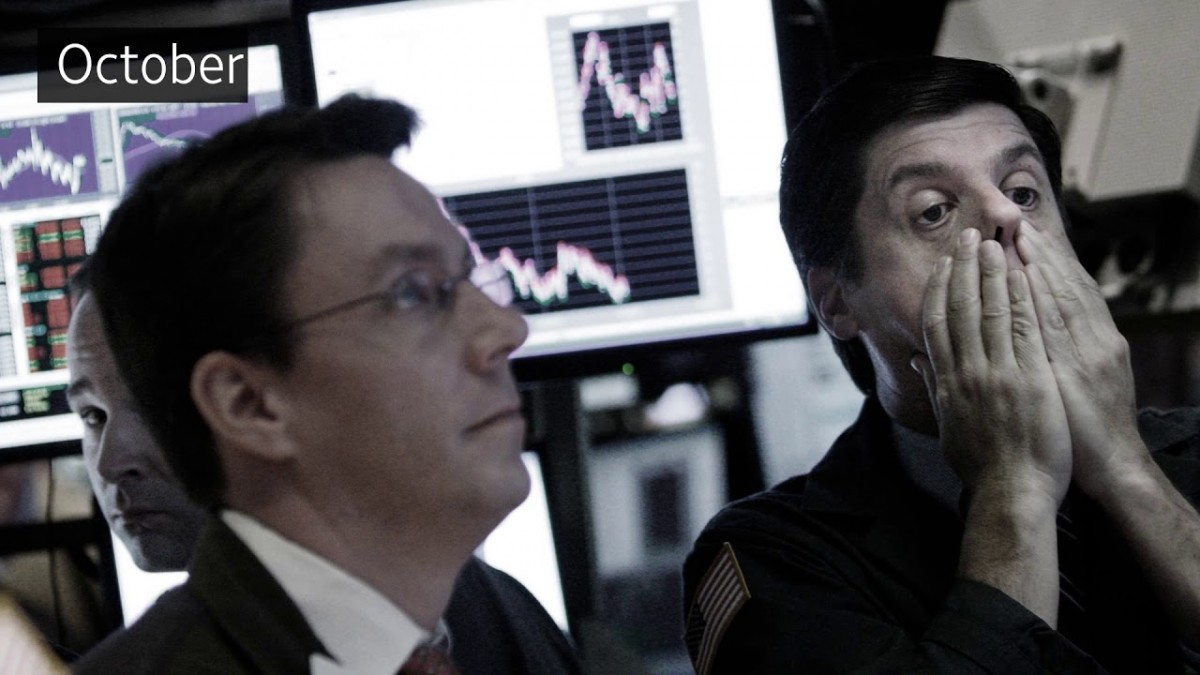
Think of financial regulation as a giant pendulum that over many years swings in great arcs between stringent and lax. This week it’s likely to make a giant surge toward lax, and anyone who values financial stability should be very worried.
Congress is about to debate Senate Bill 2155, or the Economic Growth, Regulatory Relief, and Consumer Protection Act. It would roll back key parts of Dodd-Frank, the sweeping law passed following the 2008 financial crisis in hopes of constraining the Wall Street excesses that brought on the crisis.
Among other things, S. 2155 would exempt 25 of the largest 38 U.S. and foreign banks from the stricter risk-management standards that Dodd-Frank imposed on the biggest institutions. It would also exempt smaller banks (those with less than $10 billion in assets) from the constraints of the Volcker Rule, which prohibits risky trading by banks that benefit from federal deposit insurance.
But you don’t need to understand the trees to see the forest here. What’s happening now is what always happens when memories of previous financial crises start to fade and Wall Street’s congressional puppets start to roll back safety measures put in place as a result. The great trick of Wall Street and its apologists is convincing the people it burned last time they were let off the leash that this time they’ll behave better, swear to God.
The thing to understand about Wall Street is that there is a built-in conflict between the profit-seeking behavior of financial institutions and the financial stability needed by everyone else, and right now Wall Street is winning. Generally speaking, financial institutions maximize profits by maximizing risk – specifically by borrowing heavily to maximize profit through what’s known as leverage. Simple example: If you buy a stock for $100 and it rises by $10, you have a 10 percent gain. But if you put down only $10 and borrowed the other $90, you’d have a 100 percent gain on your own capital.
But the more you borrow, the greater risk you take. If that $100 stock falls to $50 you’d be out $50 if you’d paid in full, but at least you wouldn’t owe anyone. If you owe that $90 you have a much bigger problem on your hands. If you’re a large financial institution it’s also everyone else’s concern, because in an era of globalized finance a large problem anywhere is a large problem everywhere.
There have been many financial crises – or “panics,” as they were once called – throughout history, but the dynamics are generally the same: Bank A makes a risky bet that fails, so it defaults, putting its lender, Bank B, in a bind, which in turn squeezes B’s lender, C, in a cascade of defaults that sends panic throughout the financial system, prompting bank runs by individuals and institutions alike. The resulting “risk aversion” infects everyone, suppressing consumption, thus business investment, thus employment. That’s how a financial crisis becomes an economic crisis.
The aim of prudential financial regulation is to prevent banks from making reckless bets in the first place, on the reasonable assumption that in a tightly coupled financial system their failure would cost everyone else. The absence of adequate regulation is how you get to Too Big To Fail.
Congress put stringent regulations on Wall Street in the 1930s, and for 40 years there was nothing that qualifies as a financial crisis, even if there were occasional bank failures. But in the 1970s Wall Street started chafing at the bit, led by people like Citicorp’s Walter Wriston and egged on by free market evangelists like Alan Greenspan, who in 2008 would come to regret his enthusiasm for unregulated finance. By 2000 their deregulatory project was more or less complete. Flash forward to 2008: another bubble, another panic, another round of regulatory constraints.
So here we are again, having achieved something like financial stability, thanks partly to the recent chastening of bankers but also to the restrictions imposed by Dodd-Frank. Guess what happens next: As if on cue, a Wall Street-friendly administration takes the stage and wires the regulatory regime for demolition. Stock prices soar and money managers rejoice. The speed limits will soon be gone, so let’s step on the pedal and find out how fast this thing can go before it flies off the road. Our shareholders demand speed, and other folks will pay for any damage.
The success of S. 2155 – which has Democratic as well as Republic support – would not mean the end of Dodd-Frank, but it’s a step in the wrong direction unless there is some reason to believe that an unrestrained Wall Street will behave any differently now than it ever has.
But that would be like believing that the sun won’t rise tomorrow. As former Clinton Labor Secretary Robert Reich recently told a WNYC audience in New York, by dismantling Dodd-Frank and stuffing his administration with Wall Street alumni, Donald Trump “is begging for another financial crisis. I think it’s almost inevitable.”
Follow the author: @cgayNYC
3 WAYS TO SHOW YOUR SUPPORT
- Log in to post comments

















